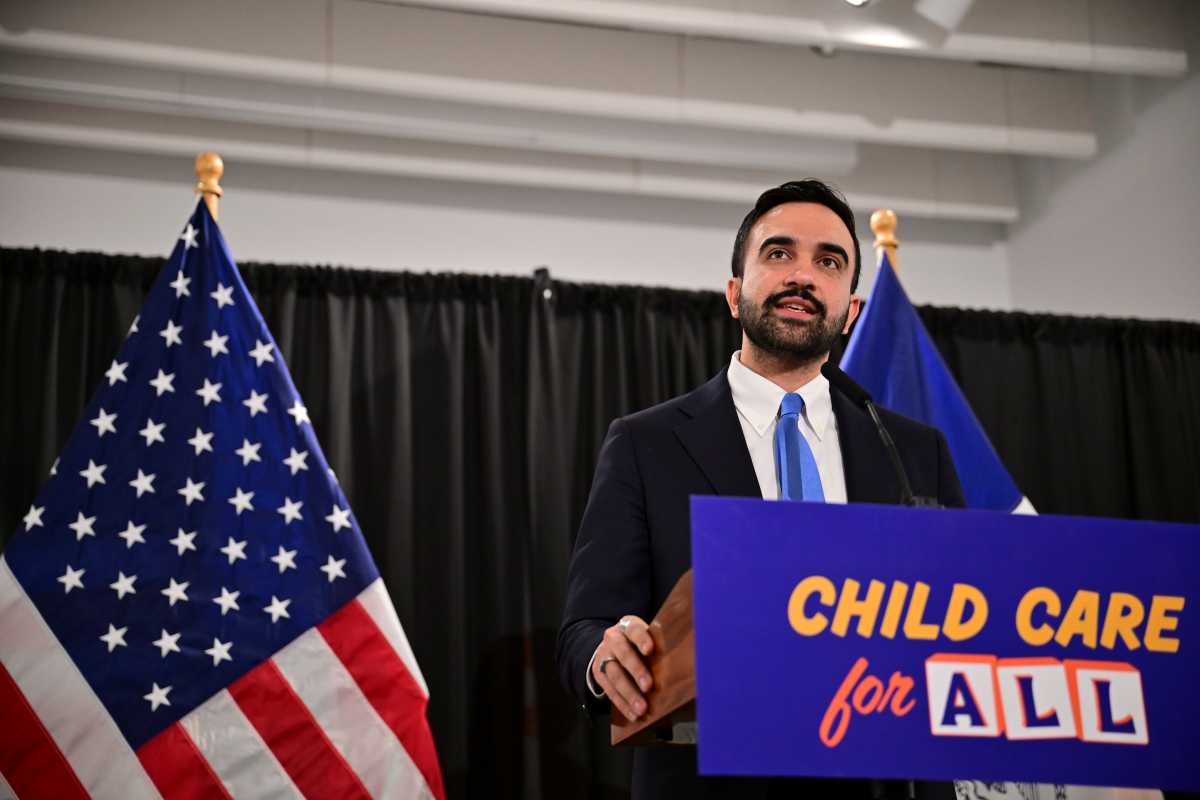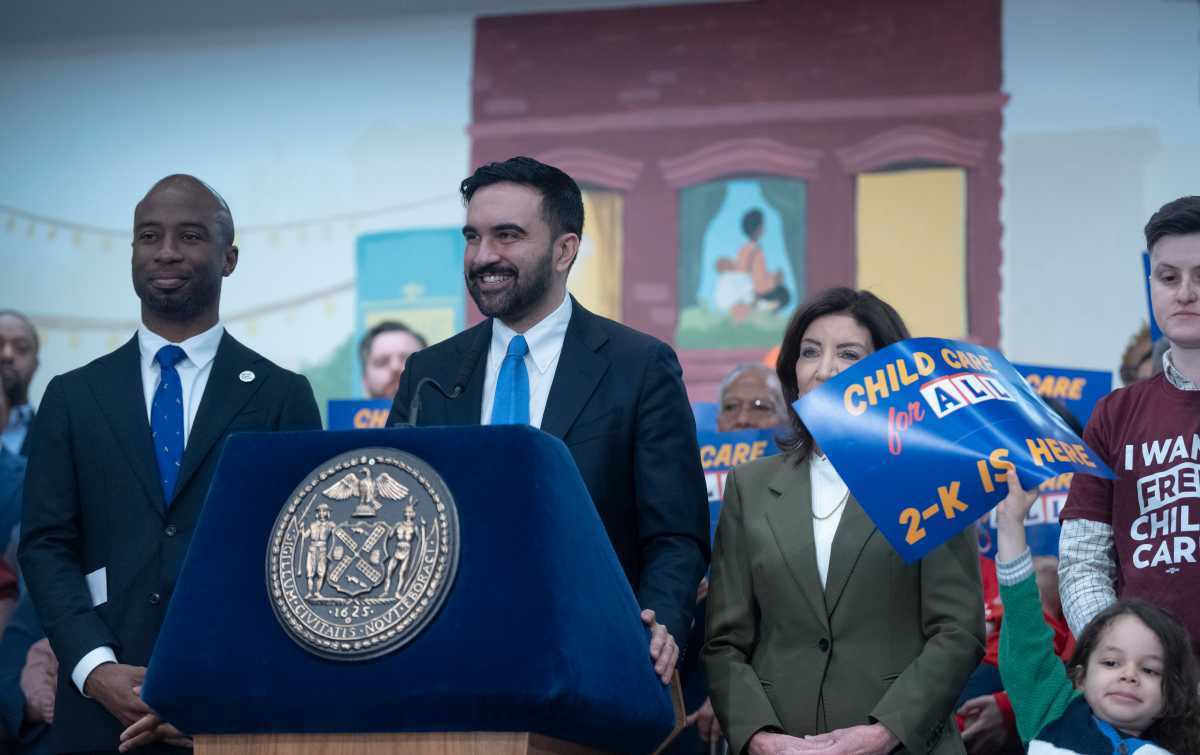By Merle Exit
While many American students spend their days dreaming of summer vacation and not going to school, plenty of young people around the world, particularly girls, struggle to receive an education.
Late last month, the Briarwood Action Network sponsored a screening of “Girl Rising,” a documentary depicting young women who had to overcome challenges to go to school, in honor of Women’s History Month.
In the film, nine of these girls’ stories — each one written by a well-known woman author from her country — are narrated by Hollywood A-listers, including Meryl Streep, Anne Hathaway and Liam Neeson.
“Girl Rising” was released in 2013 and documents the sad state of educational opportunities for young women around the globe. According to the film, there are 33 million fewer girls than boys in primary school.
One of those girls is Wadley, from Haiti, who in the aftermath of her country’s devastating earthquake in 2010, is determined to attend classes despite the fact that her family cannot afford to pay the tuition.
During the film, Wadley expresses her wish that some of the essays she was required to memorize and recite in front of the class had been written by women.
It is a scene that resonated with social studies teacher Melissa Aguirre, who works at JHS 217 in Briarwood.
“At our school we have novels where the protagonists are strong women who are not only leading their families, but seeking education rights,” Aguirre said.
Other stories told include Senna’s, a Peruvian girl who writes poetry in tribute to her father, who made her attend school. In Nepal, Suma was able to free herself from a life of forced labor by learning to read and write.
Amina, from Afghanistan, does not show her face for fear of her own safety. When she was 11, Amina’s father sold her to a relative to be married. He used the money to purchase a car for his son. Despite pregnancy at the age of 12, Amina wants to learn and stops at nothing to get her education.
Mala Panday, is the principal of the Young Women’s Leadership School of Queens, part of a network of all-girls public secondary schools that aims to empower girls to fulfill their learning and leadership potential.
“We are in the process of showing this movie to these young women at our school,” Panday said. “These themes, clips and movies are not a shock. We have heard speakers from all over the world talk about genital female mutilation and the effect it has on women across the world as well as the government’s control over our bodies.”
Panday stressed the importance of girls having a mentor.
Both Aguirre and Panday commented that because a number of public schools have children of immigrants, educators are finding that there is a lack of communication at home as these children need to understand the language of their parents in order to teach English to them.




































